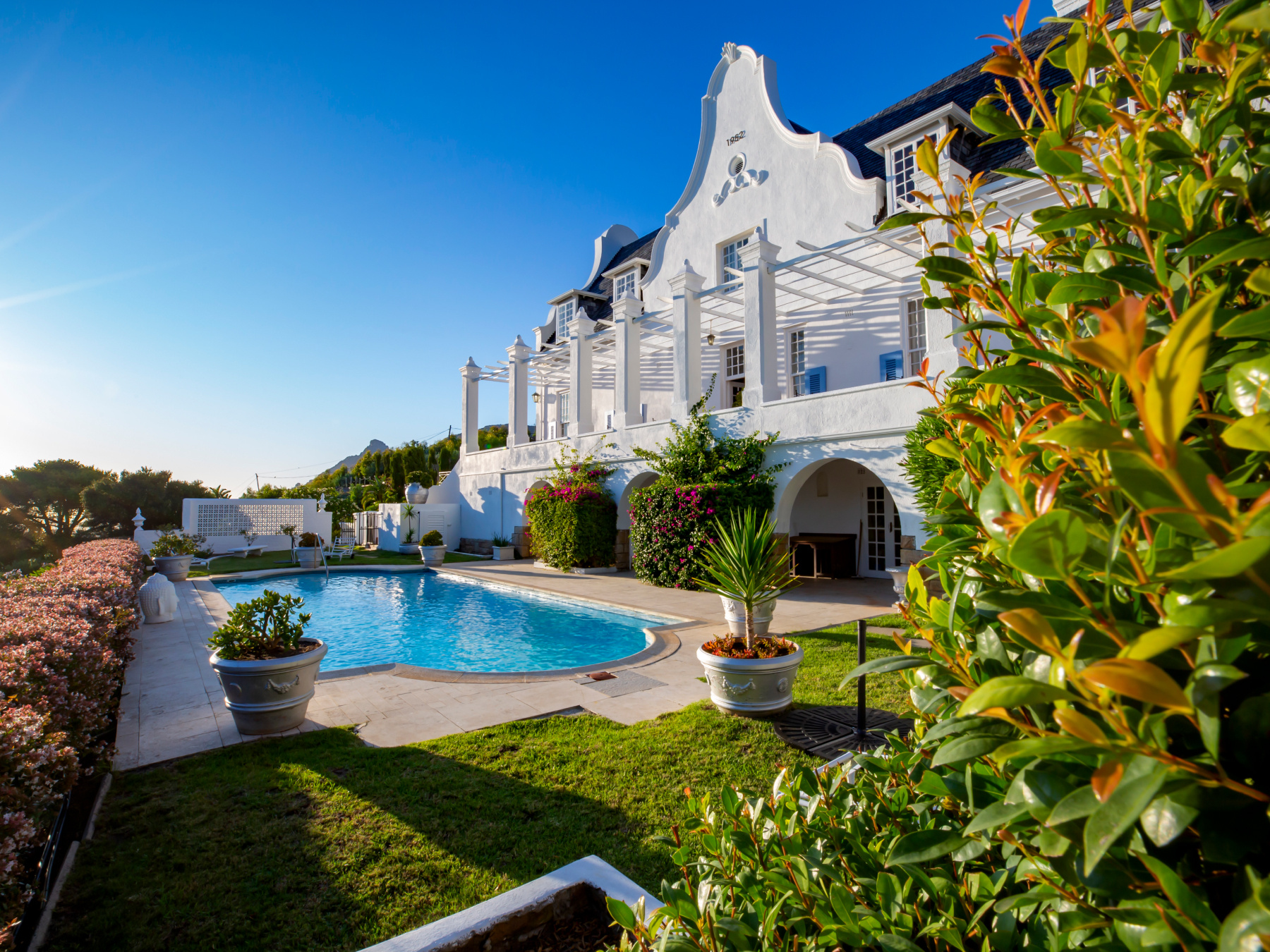Despite global economic uncertainties, many investors who are looking to diversify their portfolios are turning to luxury real estate as a potentially stable and lucrative investment option.
And, according to Yael Geffen, CEO of Lew Geffen Sotheby’s International Realty, the current moment presents a unique convergence of favourable economic conditions, lifestyle shifts, and market dynamics that make investing in luxury real estate a prudent and rewarding decision.
While it may seem counterintuitive to invest in high-end properties during economic instability, there are several compelling reasons why luxury real estate remains an attractive proposition for certain investors.
Why It's a Good Time to Invest in Luxury Real Estate
- Value Retention and Appreciation: Luxury properties have historically shown resilience during economic downturns. Unlike mid-range properties, which can be more susceptible to market fluctuations, high-end real estate tends to hold its value better over time and, in many cases, luxury properties continue to appreciate, even in challenging economic climates.
- Limited Supply: The supply of truly luxurious properties is inherently limited. Prime locations, unique architectural features, and high-end amenities are finite resources and this scarcity helps maintain and potentially increase the value of luxury real estate over time.
- Safe Haven for Wealth: During times of economic uncertainty, many high-net-worth individuals (HNWIs) view luxury real estate as a safe haven for their wealth as tangible assets like prime property can offer a sense of security compared to more volatile investment options like stocks and bonds.
- Potential for Higher Returns: Luxury properties often offer the potential for higher returns, both in terms of appreciation and rental income. High-end vacation rentals, luxury homes in exclusive areas or prestigious commercial spaces can generate significant revenue streams.
- Portfolio Diversification: For investors looking to diversify their portfolios, luxury real estate offers an opportunity to spread risk across different asset classes and in different geographical regions. This diversification can help mitigate overall portfolio risk during economic instability.

What Differentiates Luxury Real Estate from Other Property
- Location: Luxury properties are often situated in prime locations and, whether it's a penthouse in a major city centre, a beachfront villa, or a sprawling estate in an exclusive neighbourhood, the location itself is a significant part of the property's value.
- Unique Features and Amenities: High-end properties typically boast unique architectural designs, custom features, and top-of-the-line amenities. These might include smart home technology, private elevators, indoor pools, home theatres, or wine cellars.
- Size and Privacy: Luxury real estate usually offers more space and privacy than standard properties. This could mean larger living and entertainment areas, extensive grounds, or features designed to ensure seclusion and security.
- Quality of Materials and Craftsmanship: Luxury properties are built and finished with high-quality materials and superior craftsmanship. From rare marble countertops to custom woodwork, the attention to detail sets these properties apart.
Considerations for Luxury Real Estate Investment
While luxury real estate can offer attractive investment opportunities, this is not a given, and potential investors should keep several factors in mind:
- Market Knowledge: Understanding local market dynamics is crucial. Luxury markets can behave differently from general real estate markets.
- Liquidity Concerns: High-end properties may take longer to sell, which could be a concern if quick access to capital is needed.
- Maintenance Costs: Luxury properties often come with higher maintenance and operating costs, which should be factored into investment calculations.
- Regulatory Environment: Be aware of any regulations affecting foreign ownership, property taxes, or other legal considerations in the target market.
- Economic Factors: While luxury real estate can be resilient, it's not immune to broader economic trends. Consider how factors like interest rates, currency fluctuations, and global economic conditions might impact the investment and affordability down the line.
- Professional Guidance: Working with real estate professionals like Lew Geffen Sotheby’s International Realty who specialise in luxury properties is essential for navigating this unique market segment.
Luxury real estate continues to present compelling investment opportunities for those with the means and appetite for this market segment due to its potential for value retention, limited supply, and appeal to a global wealthy class make it an attractive option for diversifying investment portfolios.
Whether you're looking to secure a primary residence, a vacation home, or a valuable addition to your investment portfolio, now is a very good time to take action. However, as with any significant investment, thorough research, professional guidance, and careful consideration of personal financial goals are essential before entering the luxury real estate market.

Comments